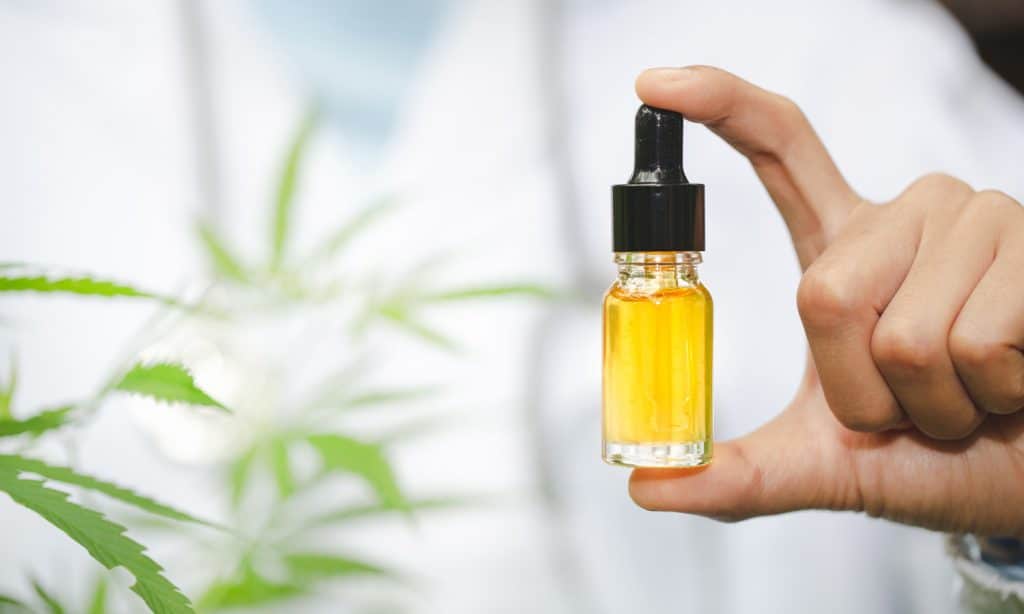CBD and the Vaping Crisis
Will CBD Marketplace Face Serious Regulations Due To Vaping Crisis?
Panic caused from the outbreak of vaping-related illnesses across the country has caused legislators and researchers alike to put the cannabis industry under the microscope. While many of the problems caused by the vaping crisis could be solved through legalization and a fair regulation system, most understand that won’t be happening federally speaking anytime soon. Though operators previously handled the cannabidiol (CBD) marketplace with a hands-off approach, that might be changing after reports CBD vapes have also rushed users to the hospital room.
The Associated Press commissionedlaboratory testing on 30 CBD vape cartridges and discovered they contained synthetic marijuana, which is sometimes called K2 or spice. Other carts were found to contain no CBD at all. The AP weren’t the only that unearthed disturbing testing around CBD products.
Government labs in nine states, mostly in the South, tested more than 350 suspected samples and reported that at least 128 of these products contained synthetic marijuana. These examples extended beyond vape cartridges, too, as some products testing positive for synthetic cannabis included CBD gummies.
It’s vital to note this ratio of flagged CBD products is not representative of the whole market. Both the Associated Press and government agencies only conducted laboratory testing for CBD products they thought might contain dangerous substances, like synthetic cannabis or fentanyl. These CBD products, much as they do for THC cartridges, represent scammers trying to make a quick buck off uneducated consumers.
RELATED: This Is Why Synthetic Marijuana Is So Risky
“People have started to see the market grow and there are some fly-by-night companies trying to make a quick buck,” Marielle Weintraub, president of the U.S. Hemp Authority, told the AP. (The Hemp Authority is an industry group that specializes in CBD cosmetic and dietary product certification.)

A big problem around CBD regulation revolves around the Food and Drug Administration’s delay in setting clear parameters and rules across the country. State government officials don’t know how to crack down on CBD products as a result, beyond the FDA’s restriction of adding CBD to food and drinks marketed across state lines. But that could soon change, thanks to Senate Majority Leader Mitch McConnell, who was instrumental in legalizing hemp federally through the 2018 Farm Bill.
On Tuesday, McConnell introduced a measure that would compel the FDA to set temporary guidelines of “enforcement discretion” around hemp-derived CBD products, while the FDA decides upon more long-term solutions. Currently, the FDA isn’t sure if it will regulate CBD like a dietary supplement, such as fish oil, or something different. Should McConnell’s proposal pass, the FDA would have up to 90 days to create such an “enforcement discretion” policy then implement those regulations within 120 days.
RELATED: How To Find High-Quality CBD Oil
The U.S. Hemp Roundtable, a hemp trade organization, said McConnell consulted the group before drafting the proposal.
“In the short run, the McConnell language would help lift the current regulatory cloud that’s been discouraging financial institutions to work with CBD companies, and that’s encouraged some local government officials to suggest that CBD is illegal in their state,” the U.S. Hemp Roundtable said in a statement. “In the long run, it would set forward a fair and expeditious path for hemp CBD products to be formally recognized as safe and legal as a matter of federal law.”
